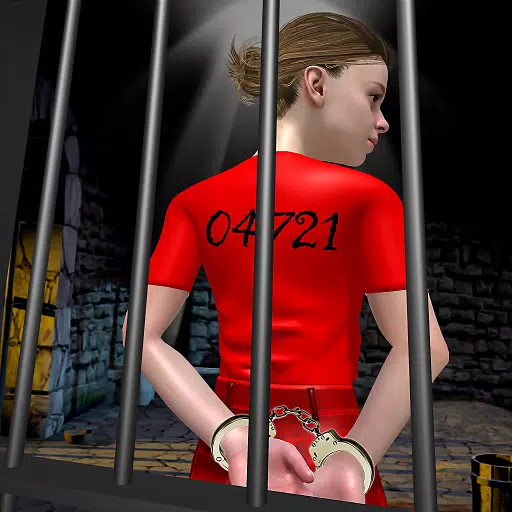NetEase's Marvel Rivals has proven to be a smashing success, amassing ten million players within just three days of its launch and generating millions in revenue for the developer in the subsequent weeks. However, a recent report from Bloomberg reveals that the game's journey to success was nearly derailed by NetEase CEO and founder William Ding's initial reluctance to utilize licensed intellectual property (IP).
According to the report, Ding has been actively restructuring NetEase by cutting jobs, closing studios, and pulling back from overseas investments. The aim is to create a more focused portfolio to combat a recent decline in growth and to better compete with industry giants Tencent and MiHoYo. Amid these efforts, Bloomberg reports that Ding almost canceled Marvel Rivals due to his hesitation to pay for the use of licensed Marvel characters. He reportedly tried to convince artists to switch to original designs. Despite an attempted cancellation that allegedly cost NetEase millions, the game was ultimately released and has since enjoyed tremendous success.
The restructuring at NetEase continues, as evidenced by the recent layoffs of the Marvel Rivals Seattle team, which the company attributed to "organizational reasons." Over the past year, Ding has also halted investments in overseas projects, after previously significant investments in studios like Bungie, Devolver Digital, and Blizzard Entertainment. The report suggests that Ding is focused on projects that can generate hundreds of millions annually, although a NetEase spokesperson clarified to Bloomberg that the company does not set "arbitrary blanket numbers" for new game viability.
Bloomberg's sources also highlight internal challenges at NetEase, describing Ding as a volatile leader who makes swift decisions, frequently changes his mind, pressures staff to work late, and has recently appointed numerous recent graduates to leadership roles. It's reported that Ding has canceled so many projects that NetEase might not release any new games in China next year.
NetEase's retreat from game investments coincides with broader uncertainty in the gaming industry, particularly in Western markets. Recent years have been marked by widespread layoffs, game cancellations, studio closures, and the underperformance of several high-profile, costly games, reflecting the challenging environment in which NetEase is navigating its strategic shifts.















